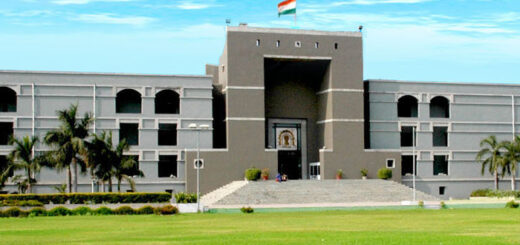The Supreme Court stated that even if someone is found not guilty of stealing electricity, authorities can still check for illegal use.

The Supreme Court has ruled that even if someone is found not guilty of electricity theft, power companies can still assess charges for unauthorized electricity use. This decision came while reviewing a Special Leave Petition related to a Jharkhand High Court ruling that instructed power companies to follow procedures under Section 126 of the Electricity Act, 2003. This section allows an assessing officer to make a provisional charge assessment if unauthorized use is found during an inspection. The ruling followed the Petitioner’s acquittal of charges under Section 135 of the Act, which deals with electricity theft. Justices Abhay S. Oka and Augustine George Masih stated that even without proving theft in court, Section 126 still allows for demands related to unauthorized energy use. Thus, the Petitioner’s acquittal does not stop the power authorities from starting proceedings under this section.
Senior Advocate Navaniti Prasad Singh represented the Petitioner, while Advocate Madhumita Bhattacharjee represented the Respondents. The Petitioner argued that the prosecution did not prove the theft charges, so after their acquittal, there should be no further action for unauthorized electricity use. They also pointed out that the Special Court did not determine any civil liability under Section 154(5), meaning the power authorities should not have the authority to assess unauthorized use under Section 126.
According to Section 126, “unauthorized use of electricity” refers to using electricity in certain ways: through artificial means, in ways not approved by the relevant authority, using a tampered meter, for purposes other than those allowed, or in locations not authorized for electricity supply.
The Supreme Court, rejecting the argument, stated that the Special Court can determine civil liability if a consumer is found to have stolen electricity. In this case, the Court noted that the Special Court found no evidence of theft, so it did not need to decide on liability under Section 154(5) of the Act. While dismissing the SLP, the Court made it clear that the question of whether the appellant used energy without authorization is still open, and the appellant can present all arguments related to this when raising objections under Section 126(3) of the 2003 Act. All arguments on this matter remain open.
Cause Title: Castron Technologies Ltd. v. Damodar Valley Corporation [SLP(C) 6114 of 2023]
Appearance:
Petitioner: Senior Advocate Navaniti Prasad Singh and Advocates Dhananjay Pathak, Vaibhav Niti, Vijayraj Singh Chouhan and Madhavi Agrawal
Respondents: Advocates Madhumita Bhattacharjee, Srija Choudhury, Debarati Sadhu and Anant









